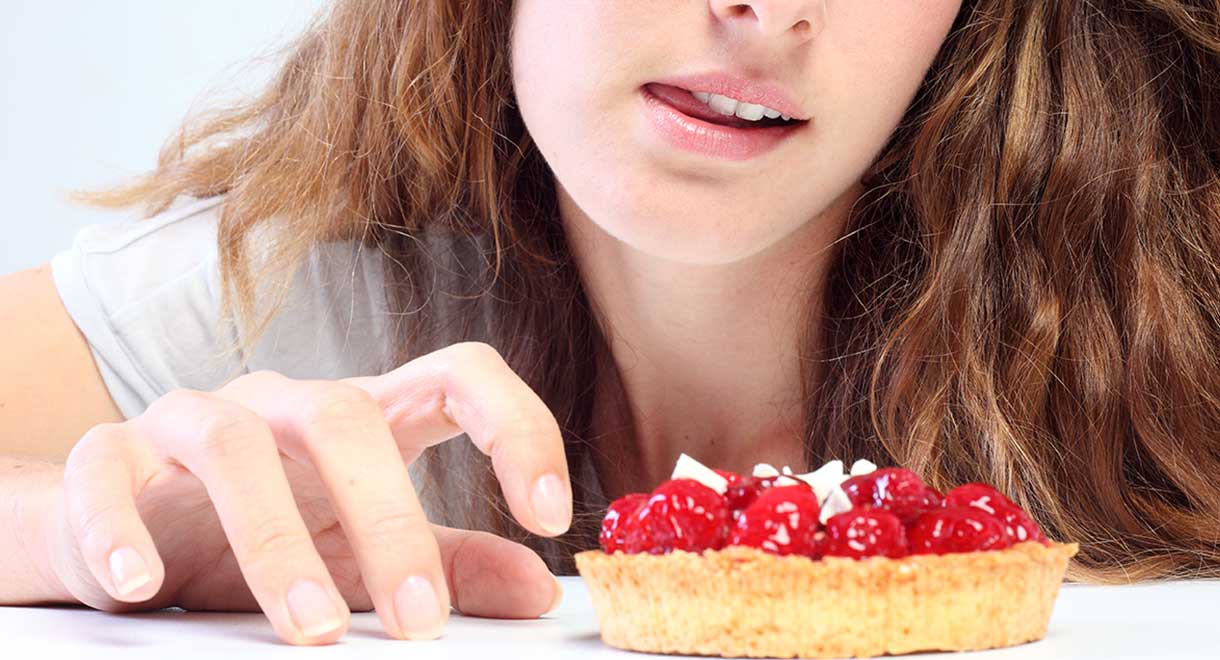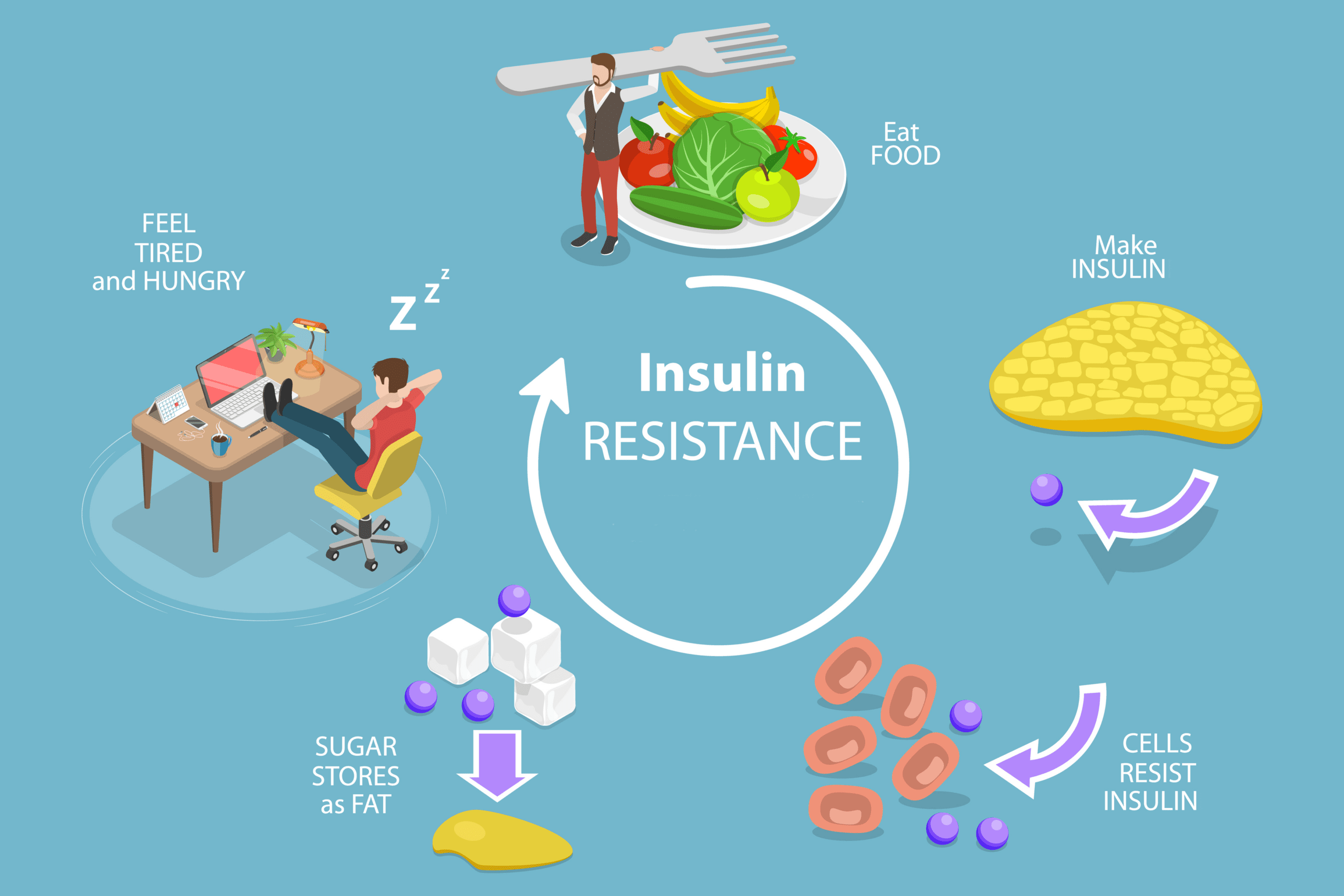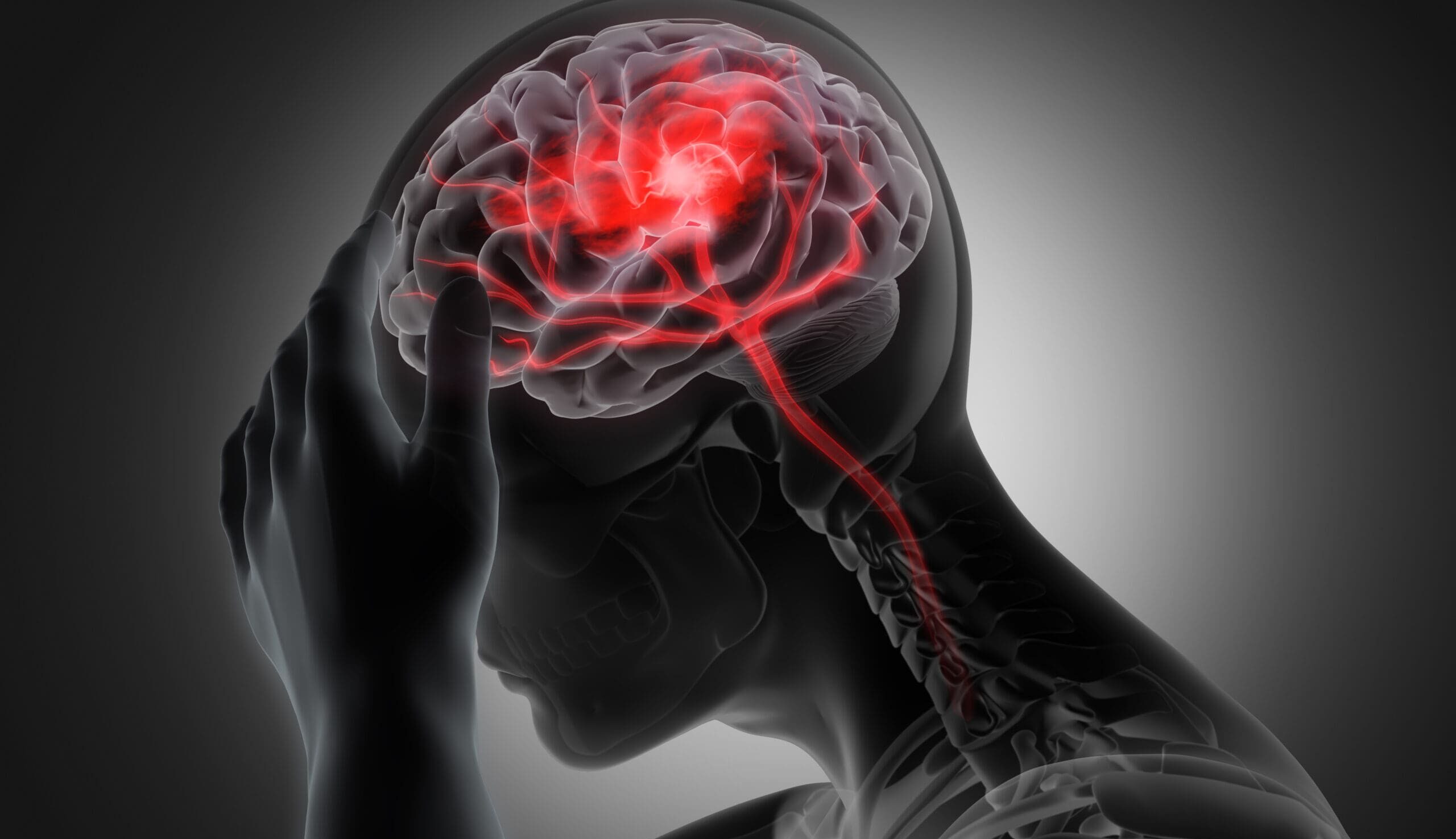Case study: Night time sugar cravings
By naturopath Margaret Jasinska
Loretta is a 28 year old lady who came to see me for help with sugar cravings. Loretta knew sugar isn’t healthy but she felt unable to stay away from it. She owned several of our books and was quite informed about what a healthy diet looks like. The problem was she couldn’t stick to it for more than four weeks.
Loretta was predisposed to depression. She had suffered with varying degrees of depression since her late teens. She had taken prescription antidepressants in the past and they helped to some degree. Loretta just didn’t like the side effects of weight gain, digestive disturbance and reduced libido. Loretta said “I’m nowhere near as depressed as I’ve been in the past. I’d call it a low grade depression now. I’d like to manage it without medication”.
Sugar can have a profound effect on mental health and Loretta knew it. She had read about it and she’d experienced it. She said to me “Eating has always been my main stress coping mechanism. If my stress level builds too high, I get desperate to find some chocolate, biscuits or ice-cream. Sometimes I like my carbs salty though and I crave corn or potato chips”. Loretta told me she can feel herself slip deeper into depression if she eats poorly for a few days, and it takes a couple of weeks of healthy eating to climb back out again.
The sugar cravings Loretta experienced got worse as the day progressed. After dinner was her danger time. Loretta’s husband often travelled for work and if he wasn’t home, she found it hard to stay out of the kitchen. She told me she felt so full and uncomfortable in the evenings that it was difficult to fall asleep. Despite eating a lot in the evenings, Loretta would often wake around 2 or 3am and feel ravenous. This was because her blood sugar had crashed. She would sometimes sneak out of bed and into the kitchen and eat a bowl of breakfast cereal or a few biscuits.
Loretta was very honest about her struggles because she desperately wanted help. She knew this eating style wasn’t good for her health, and it also made her very unhappy and feel bad about herself. She was terrified of developing type 2 diabetes.
My recommendations for my patient
- It’s essential to have healthy stress coping strategies. If eating is your primary stress coping method you will eventually run into health or weight problems. Loretta often used eating as a relaxation technique at the end of a busy, stressful day. I encouraged her to find other ways to unwind such as reading, yoga, writing in a journal or a creative hobby. Magnesium helps to relieve symptoms of stress, so I recommended it to Loretta.
- It’s fine to eat a piece of cake or have a chocolate bar occasionally if you feel like it; it’s just not ok to feel powerless over your cravings and be unable to stop yourself. People who suffer with depression or anxiety are more likely to experience the negative mental health effects of sugar. It can cause them to sink into a lower mood. I asked Loretta to take a tyrosine supplement because it’s necessary for the brain’s production of the neurotransmitters dopamine and noradrenalin. This improves stress coping mechanisms and increases the satisfaction experienced from eating.
- Loretta had insulin resistance and that made the biological cravings for carbohydrate much stronger. It caused unstable blood sugar and can cause hunger during the night. I asked her to follow the lower carbohydrate eating plan in Dr Cabot’s book called I can’t lose weight and I don’t know why because it’s specifically designed to reverse insulin resistance. It’s most important to eat more protein and natural fat, especially for breakfast.
- Eating a lot of sugar definitely causes an overgrowth of yeast, Candida and unfriendly gut bugs. Once you’ve got the wrong gut bugs, they can intensify cravings. The antimicrobial herbs in BactoClear capsules can help.
- I asked Loretta to drink plenty of water. It’s very important to stay well hydrated. Sugar and carbohydrate increase the production of hunger hormones; therefore you are likely to feel more hungry than usual for the next few days. Drinking water helps to reduce hunger. Squeezing a little lemon or lime juice into the water can help to fight sugar cravings. The acid isn’t brilliant for your tooth enamel, so you may want to drink through a straw to minimise contact of the acid with your teeth.
- I emphasised the importance of sleep. Plenty of research has been done showing that people who don’t sleep enough have higher levels of hunger hormones in their body and are more likely to over eat or eat unhealthy foods. It is so much easier to prepare healthy meals, exercise regularly and generally look after yourself when you’ve had enough sleep and it has been good, refreshing sleep.









Leave A Comment